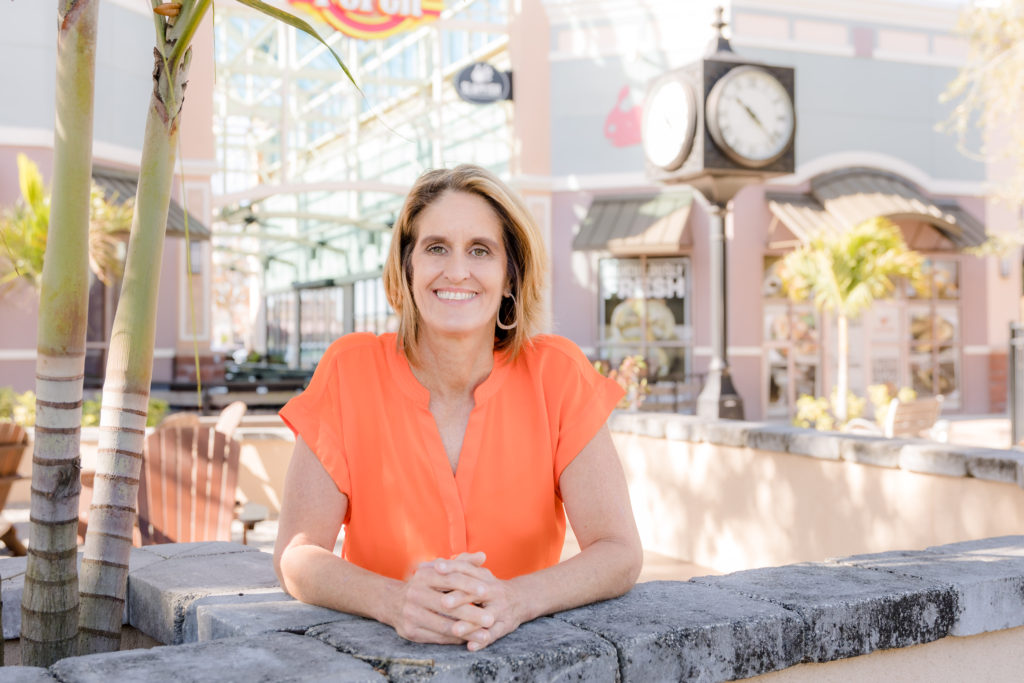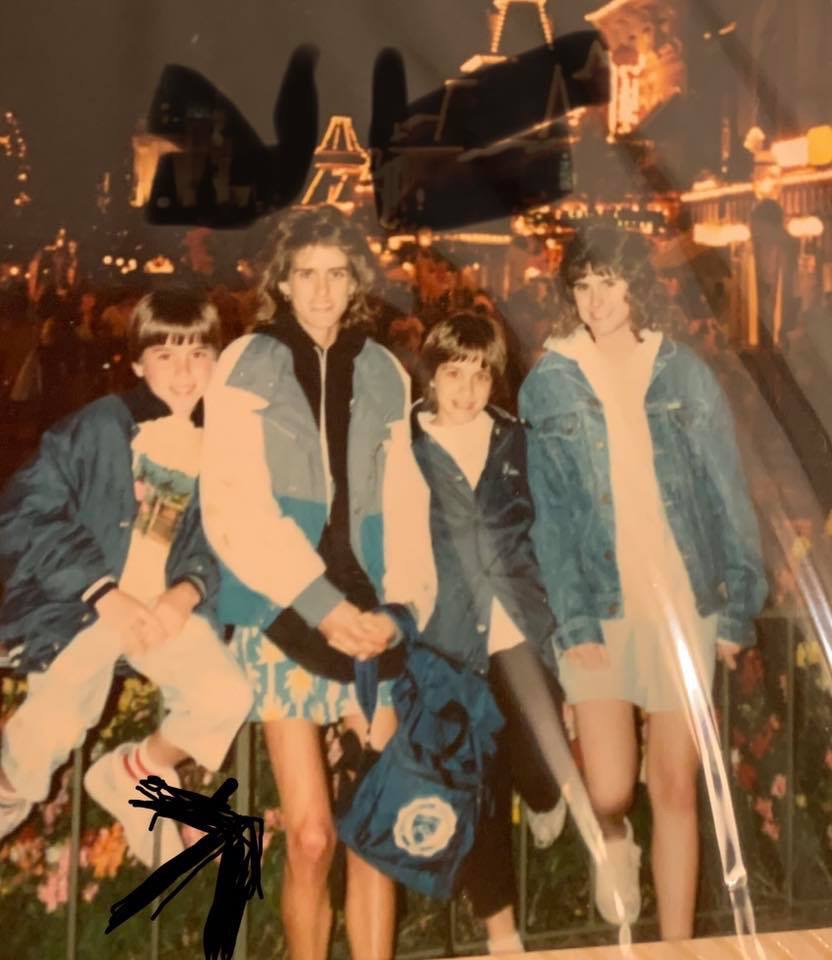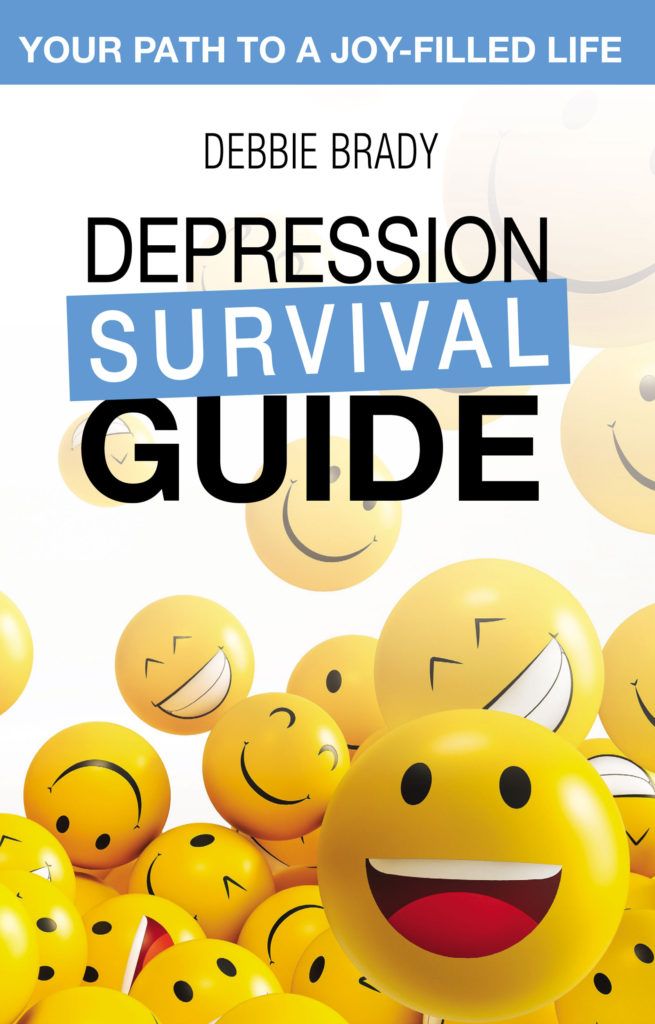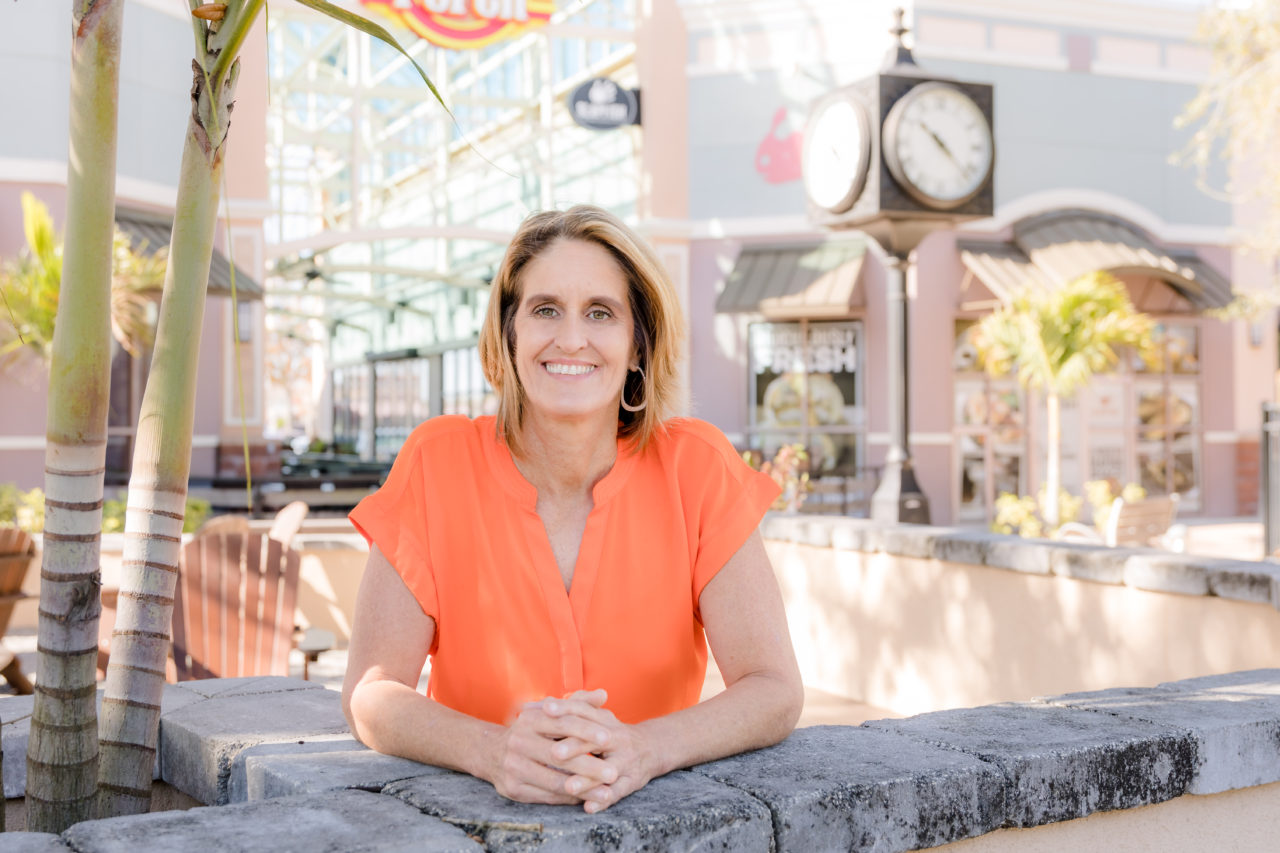
National Eating Disorder Awareness week begins today and goes until Sunday, March 5. In order to bring more awareness to this dangerous and complex mental health struggle, I am planning to post every day this week.
For those of you who don’t know, I was battled Anorexia Nervosa when I was 18 years old and a freshman in college. It started the summer after high school graduation. I headed off to college just 6 days after my graduation. I loved college but hated the food. I ate mostly fruit, cereal, and the salad bar. I lost about 5 pounds during the 9 week summer program I attended. I also grew an inch! HA!
After the summer classes were over, I headed home for the fall semester and would return to my college campus in January for the spring semester. Well, home was not the place I had left. My parent’s marriage was quickly unraveling and had reached the level of toxicity. The tension in the home was so intense. Being an empath(something I did not know then since I don’t think it was a term)I felt the tension to my core. As my parents fought, the each came to me to complain about the other. I know their intention was not to put this stress on me and certainly wouldn’t have done that if they knew how it was going to affect me. Each time one spoke to me about the other, I lost my appetite and got stomach pains. It became a very toxic cycle.
As the months went by, I got thinner and thinner. It became easier and easier to not eat. My brain and stomach were disconnected. The hunger pangs most people fine uncomfortable, I found to be a rush. Almost like a drug high. It became a challenge to see how little I could eat each day. A challenge I was pretty damn good at! LOL
When I headed back to college in January, my summer friends were shocked and many expressed concern. I was 130 pounds when I started college in June of 1986 but returned in January 1987 at a whopping 90 pounds. I’m 5’7″. That is not enough weight.
A few weeks in, a friend encouraged me to attend an eating disorder awareness meeting one of the dorms was hosting. As they read off the symptoms, I realized that’s what was going on. You may be thinking, “How could you not already know?” Well, in 1986, we had no internet, eating disorders weren’t discussed nearly as much as they are now and even the therapeutic community didn’t truly know how to address it fully.
I started therapy but I kept losing weight. I was eventually sent home and saw a psychologist at a hospital in Philadelphia. It was the ONLY program for eating disorder in the city at that time. Long story short, he looked at me and said I shouldn’t be alive. My heart should have stopped. I should already be dead, but since I wasn’t, we might as well try to get me back on the right track. So, therapy began.
I got my weight up. My parents split up November of 1987. I dove head into the college social scene. My friends rallied around me. My childhood friend is responsible for calling my parents and telling them I needed help. She saved my life. My college roommate would skip going to the cafe to stay in the room and eat with me many meals. She saved my sanity. Support is important.

The eating disorder programs were not what they are today. The were convinced you had to be a victim of sexual assault. I am not. For me it was control. I needed to control something amongst the chaos at home. My current therapist says I felt needed to absorb that pain and tension for my younger siblings so they wouldn’t have to bear it. This makes a lot of sense to me since being the oldest of the 4 of us, they were like my first set of children.
I struggled with my weight and mindset throughout my 20s pretty badly, but seemed to turn a corner during my pregnancies. I gained a lot of weight and nothing bad happened. I began to develop more coping skills and healthier ways to manage my stress and unwanted changes. Now at 54, I still eat a weird. I have a lot of foods I don’t like or don’t want to eat, but most of them are unhealthy foods that most people should avoid anyway! I rarely weigh myself. I think I look amazing at my 145 pounds. I refuse to starve myself. I keep snacks with me at all times because those pangs of hunger are still like a high for me, so I try to squelch it quickly.
Life gets better when you work on your struggles. Yes, it can be exhausting but don’t give up. We are all worth it.
Below are some facts on eating disorders I thought I would share with all of you to help educate and bring awareness to eating disorders. It’s not about the food.

Eating disorders are complex mental health conditions that can have serious physical, emotional, and social consequences. Here are some top statistics on eating disorders:
- Prevalence: Eating disorders affect an estimated 9% of the population.
- Age and gender: Eating disorders can affect people of any age and gender, but they are most common in adolescent and young adult women. However, young males with eating disorders is on the rise.
- Anorexia nervosa is an eating disorder characterized by a distorted body image and an intense fear of gaining weight. It has the highest mortality rate of any psychiatric disorder, with up to 20% of people with anorexia nervosa dying from complications of the disorder.
- Bulimia nervosa is an eating disorder characterized by recurrent episodes of binge eating followed by purging behaviors such as vomiting, laxative use, or excessive exercise. It affects approximately 1-2% of the population.
- Binge-eating disorder is an eating disorder characterized by recurrent episodes of binge eating without compensatory purging behaviors. It affects approximately 1-3% of the population.
- Risk factors for developing an eating disorder include genetics, psychological and environmental factors such as trauma, and cultural pressures to conform to unrealistic beauty standards.
- Eating disorders are treatable, but early intervention is crucial for recovery. Evidence-based treatments such as cognitive-behavioral therapy, family-based therapy, and medication can be effective in treating eating disorders.
- Eating disorders are often stigmatized and misunderstood, which can make it difficult for people to seek help and support. Raising awareness and reducing stigma can help to improve outcomes for people with eating disorders.
Struggling with an eating disorder does not have to define who you are or the course of your life. There is much better help now than when I struggled. Reach out to someone and get the support you need to recover.
Be sure to head on over to my new website, www.debbieadcockcoaching.com for more resources and information on mental health. This blog will continue to exist and will be linked to my new website. Stay in touch by signing up for my email list. You can do that by grabbing my newest FREE resource HERE. If you aren’t following me on TikTok yet, go follow me @debadcock to give me a follow.
Let’s end the stigma together. Remember, we are stronger together.

